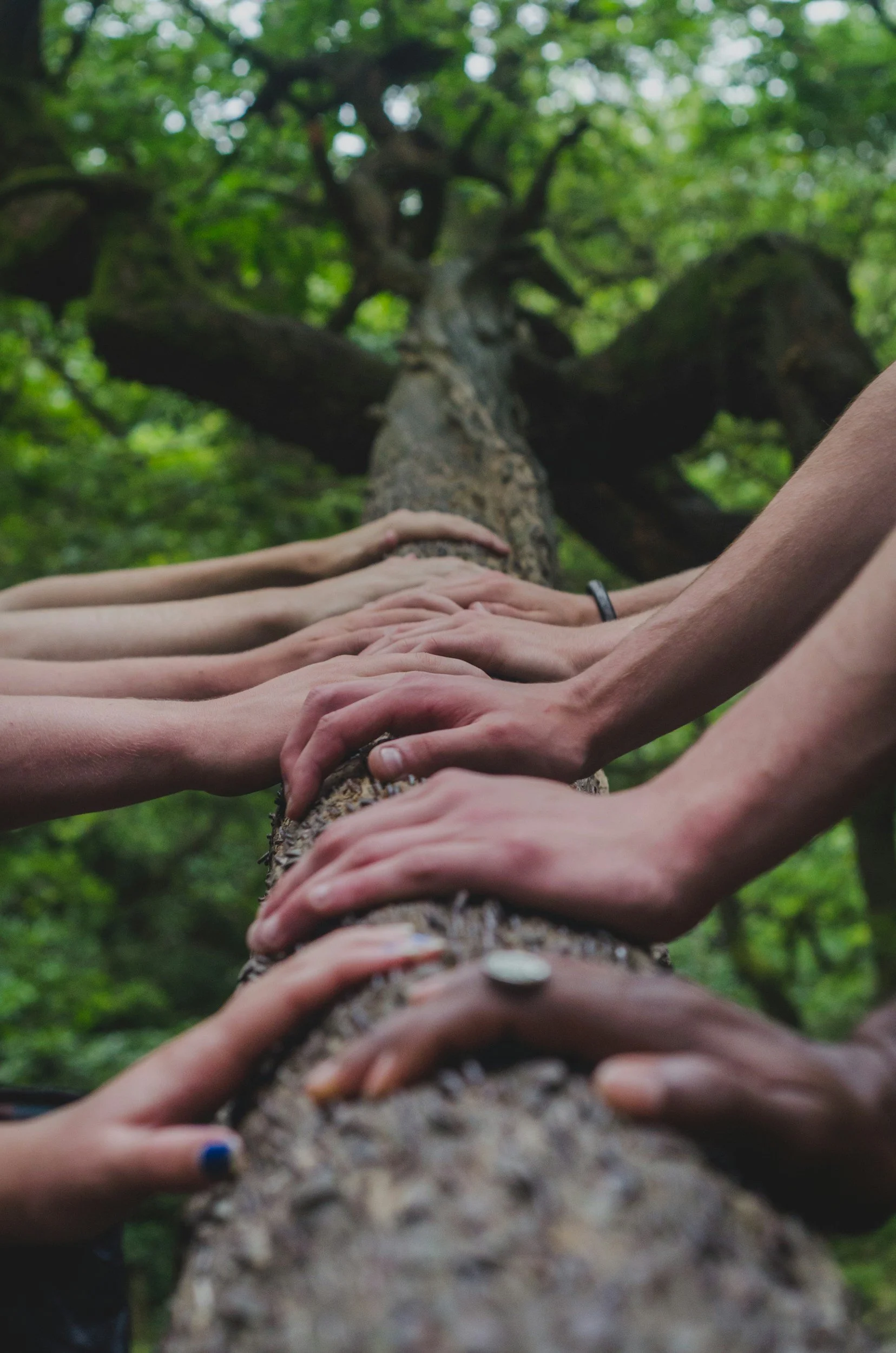Connecting with a group of people by offering a meaningful and engaging talk is exhilarating; I thoroughly enjoy it. I’m happy to customize an engagement that is ideal for you and your audience, or you can take a look at some of the topics I’ve already crafted and refined to see if they resonate.
Length. Most of the talks below are ideal for 30 minutes, though they can be compressed to 20 or expanded to 45.
Audience. I’m comfortable onstage and can speak at small, informal gatherings of a dozen or fewer as well as large conferences of 500+ attendees. I can adjust length and content as needed to suit lunch-hour association meetings, employee retreats, professional conferences, or small community/social groups.
Travel. I love that this aspect of my work gives me opportunities to travel and meet wonderful people in wonderful places that I might never have the chance to visit. Please don’t hesitate to reach out regardless of your location.
speaking engagements
Current Talks
A Path to pluralism: what nature can teach us
As we experience the stress, overwhelm, and grief of many interconnected crises, we know we need to respond—to seek out solutions and create new paths forward. At the root of these crises lies profound disconnection: from one another, from ourselves, and from the natural world. Chronic loneliness, isolation, and deep divisions—real and perceived—are keeping us from solving some of the most urgent challenges of our time. But what if nature could show us a different way?
Solving our greatest challenges can only happen through collaboration, and collaboration begins with connection. Our relationship with the natural world exists regardless of borders, culture, class, religion, race, gender, political affiliation, or ideology. It is a relationship that has the power to connect us across differences and divides.
This talk invites us to turn to the natural world to remind us of our shared humanity. We’ll explore how we might begin to understand our fractures, revive our innate capacity to listen, and create a more pluralistic society—one that values and celebrates the full spectrum of human experience.
The stories we tell and the world we make
Stories orient us. They help us understand the world and our place in it. They help us process and store information, and they’re the most direct route to our hearts and minds. They open us to new perspectives and new ways of being human in a rapidly changing world.
We humans are immersed in story all the time. We are walking around inside stories as much or more than we are walking around the actual physical landscape. Stories are as much a part of our existence as the ground under our feet. They are incredibly real.
And there’s also the science of story. Evidence that shows that stories impact our physiology. Neurochemicals like cortisol, oxytocin, and dopamine are released when we are engaged with a story. Functional MRI scans show that the brain functions of storyteller and listener are often mirrored when listening to stories.
We’ll look at how the stories of the distant past are linked to the stories of the recent past and how those are influencing the stories—and the world—we’re creating today.
relationship & biomimicry: how does nature listen?
What is your earliest memory of being part of the natural world, not as a spectator or observer, but part of it? The first stirring of the understanding that our relationship with the natural world is the most enduring relationship of our lives.
What can nature teach us about being a living being in a living world? There’s a growing field of study looking to nature for lessons on how to be human in an ever-changing world. In this talk, we’ll learn from designers, scientists, communicators, activists, and artists who have devoted their lives to biomimicry —the practice of drawing inspiration from nature’s strategies, patterns, and processes to find solutions to our human problems. We’ll see how every challenge we face has a nature-inspired solution and insights that can extend beyond innovation and design. Nature can also help us listen, cooperate, and even create community.
mind & matter: it’s not all in your head
When I read Annie Murphy Paul’s 2021 book, The Extended Mind, it changed almost everything I understood about how the human brain works, and I wanted to share it with everyone. I still do! In this talk, we’ll explore how our mind responds to and extends into the world around us, shaping how we focus, process, remember, and create.
How does movement impact cognition? How does where we think influence our creativity? Our memory? Why does it seem like we’re smarter when we’re with certain people or in certain environments? There’s a fascinating pile of information that we should all know about the wild mystery of the human mind. In this talk, I draw on many of the insights shared in Paul’s book, as well as my own experiences and observations about mental extension, or how our minds function outside the confines of our cranium.




